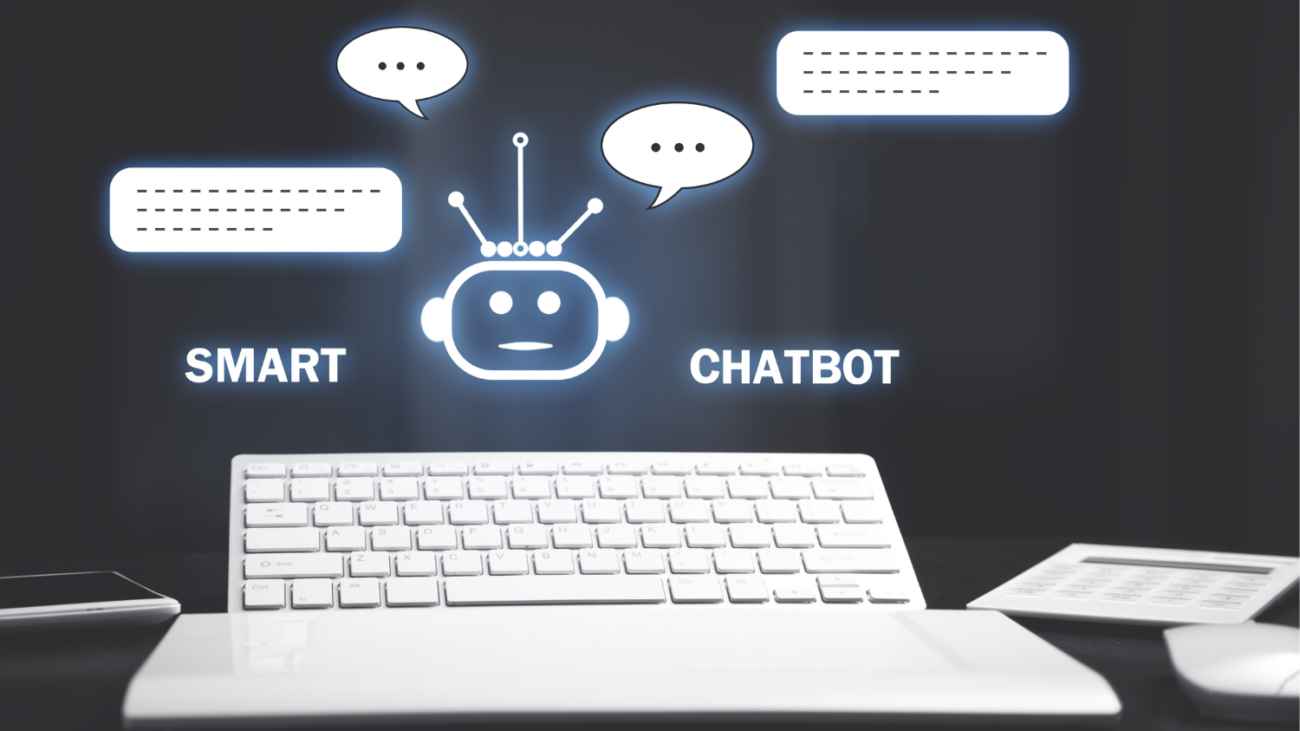Working at a contact center may be challenging. High call volumes, repeated chores, and lengthy wait times all help explain why agents and consumers can feel overburdened. But was there a means to simplify matters for all those engaged? Then, introduce virtual assistants and AI-powered chatbots. These advanced call center technologies are not just buzzwords; they are revolutionizing the call center environment. Here’s how.
The struggles of traditional call centers
Although call centers provide the backbone of customer support, they sometimes function on hyperdrive. Operators handle long lines of angry consumers, try to answer repeated inquiries, and juggle calls. This guarantees exhaustion and tension. Not least of all, let’s notice how these repetitive chores could cause lengthier wait times and a less-than-perfect client experience.
Chatbots: the new frontline heroes

Chatbots are filling in to ease the work. These clever artificial intelligence techniques are changing things like this:
1. Handling the everyday questions
Everybody has asked fundamental questions such as, “What are your hours?” or “How do I reset my password?” Although essential, these questions can accumulate and consume significant time for human agents. Chatbots are perfect for this. Their quick handling of these standard questions frees human agents to concentrate on more complex problems.
2. Always on, no breaks needed
Chatbots operate around the clock, which is among their most hip features. Coffee breaks and sleep are unnecessary; chatbots are constantly available to assist. Customers who contact chatbots from other time zones or outside typical business hours notably benefit from this continuous availability, allowing them to obtain responses whenever they most need them.
3. Personalizing the experience
Chatbots can help personalize conversations and provide answers to inquiries. They can also make customized replies possible by collecting data from past exchanges. Imagine a chatbot with personalized solutions and a memory of your prior problems. It’s like having a friendly helper who perfectly knows what you need.
4. Giving agents a breather
Repeated chores can be taxing for contact center agents. By allowing chatbots to answer common queries, agents may concentrate on more challenging and fascinating aspects of their employment, raising call center efficiency and morale.
Virtual Assistants: The next Step up
Virtual assistants are the seasoned experts performing the more complicated tasks if chatbots are like the front-line personnel. Virtual assistants elevate things here as follows:
1. Tackling the tough questions
Virtual assistants are qualified to answer more complex consumer questions. Advanced artificial intelligence and machine learning let them delve deeply into problems, troubleshoot them, and offer thorough data. Therefore, they greatly help handle difficult client contacts requiring extra knowledge.
2. Seamlessly integrating with systems
Virtual assistants sync with CRM systems, payment processors, and other technologies, not working alone. Their access to current information and handling of chores like updating account details or processing transactions depend on this harmony. It’s like having a competent team player who can precisely and quickly complete tasks.
3. Enhancing the overall experience
Virtual assistants guarantee clients receive the required assistance right away. Their capacity to control several conversations at once prevents consumers from being kept waiting for responses, resulting in a generally more pleasing, fulfilling experience.
Tech behind the magic
Let’s explore the technology underneath these incredible tools:
1. Natural language processing (NLP)
Chatbots and virtual assistants can comprehend human language thanks to natural language processing (NLP). NLP aids in their understanding of the background, identification of the intention behind queries, and production of pertinent answers. NLP helps these systems manage a broad spectrum of client questions with remarkable accuracy.
2. Machine learning (ML)
Machine learning guides the process like the brain. It lets virtual assistants and chatbots learn from data and develop over time. Using prior contact and feedback analysis, these instruments improve recognizing and responding to consumer requirements.
3. CRM integration
Customizing support requires integrating with CRM systems. It lets virtual assistants and chatbots access consumer histories and provide bespoke replies. This implies that the client’s past experiences might help the client tailor every contact.
4. Real-time data processing
Maintaining interactions seamlessly and effectively requires real-time data processing. Real-time data allows virtual assistants to instantly help, update records, and handle speedy transaction processing, guaranteeing clients receive the required assistance without delay.
Looking ahead
Chatbots and virtual assistants should significantly progress as artificial intelligence develops. Future advances in advanced automotive technologies will bring more personalizing, problem-solving power, and system integration. Adopting these technologies helps contact centers keep ahead and provide excellent service, not just fit for the times.
All taken together, virtual assistants and AI-powered chatbots are uniquely revolutionizing contact centers. They streamline operations and enhance the client experience by managing daily chores, providing 24-hour assistance, and customizing contacts. These technologies promise to make contact centers even more efficient and responsive as they develop, enabling a better future in customer service and, hence, calling centers.

